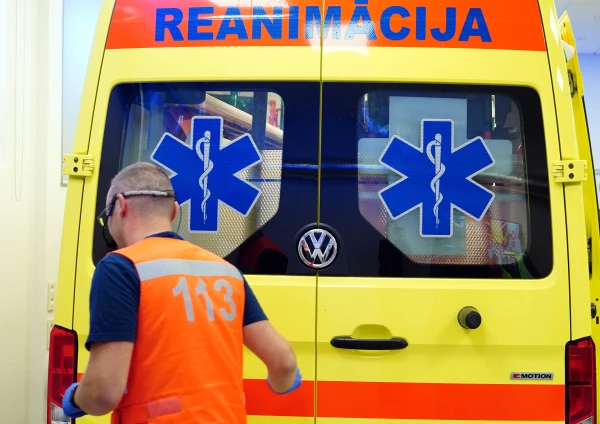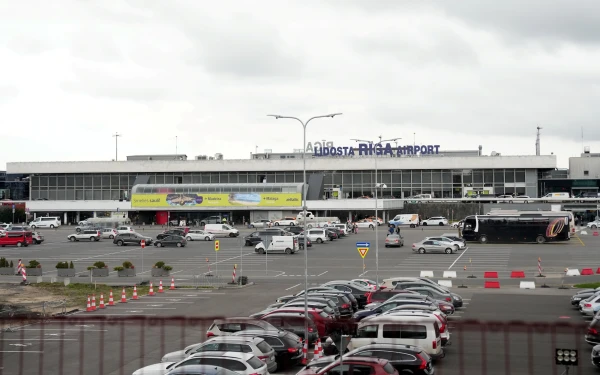
Most residents of Latvia may find themselves completely alone in the hospital in case of health deterioration — their relatives or friends have no right to know about the patient's condition, not even which clinic they were taken to.
This is because in the E-veselība (electronic health) system, only about 10% of the population has designated a trusted person. This means that neither the emergency service nor the hospital can provide any information to the caller.
Contact Person — Only If Desired
Medical professionals urge residents to specify a contact person in case of emergencies in the E-veselība system. According to the Patient Rights Act, health data is considered highly confidential and cannot be disclosed. If such a designation is not present, doctors and emergency services are required to maintain complete silence, reports LSM.lv.
Employees of the Emergency Medical Service (NMPD) acknowledge that they receive up to 10 calls daily from desperate relatives trying to find out where their loved one has been taken.
"We try to help, but we can only provide information if a contact person is specified in E-veselība. This is a requirement of the Patient Rights Act," explained Diana Tkachenko, Deputy Head of the NMPD Operational Center.
At the same time, medical professionals try to support the callers at least with hints: if the patient was in Riga, there are only two possible hospitals, and the ambulance always takes them to the nearest one.
A Contact Person Can Also Be Specified with a Family Doctor
The Ministry of Health reminds that everyone can add a contact person to their E-veselība profile — this will take a few minutes. If a person does not use the portal, the designation can be made during a visit to the family doctor. Currently, about 200,000 residents have done this, which is only one in ten.
Where Is the Line Between Law and Humanity
Ombudsman Karina Palkova notes that Latvia has a very strict data protection regime; however, the Civil Code requires caring for loved ones. "This is a human issue. We are talking about the patient's right to support and the family's duty to care. A balance is needed here — the law cannot be interpreted without the spirit of humanity," emphasized Palkova.
In her opinion, the solution could be simple: hospitals could log calls, record the personal code and the degree of kinship of the caller, and provide minimal information — for example, that the person is alive and under observation. Such cases have already been considered in courts, and the European Court has confirmed that such information can be provided with verified kinship.
How to Avoid Uncertainty
If a contact person is specified in E-veselība, this issue is resolved automatically. The contact person can be not only a relative but also a neighbor, friend, or colleague — anyone you trust.
Experts emphasize: making a designation means protecting yourself and your loved ones from a situation where no one knows where you are and what is happening to you.













